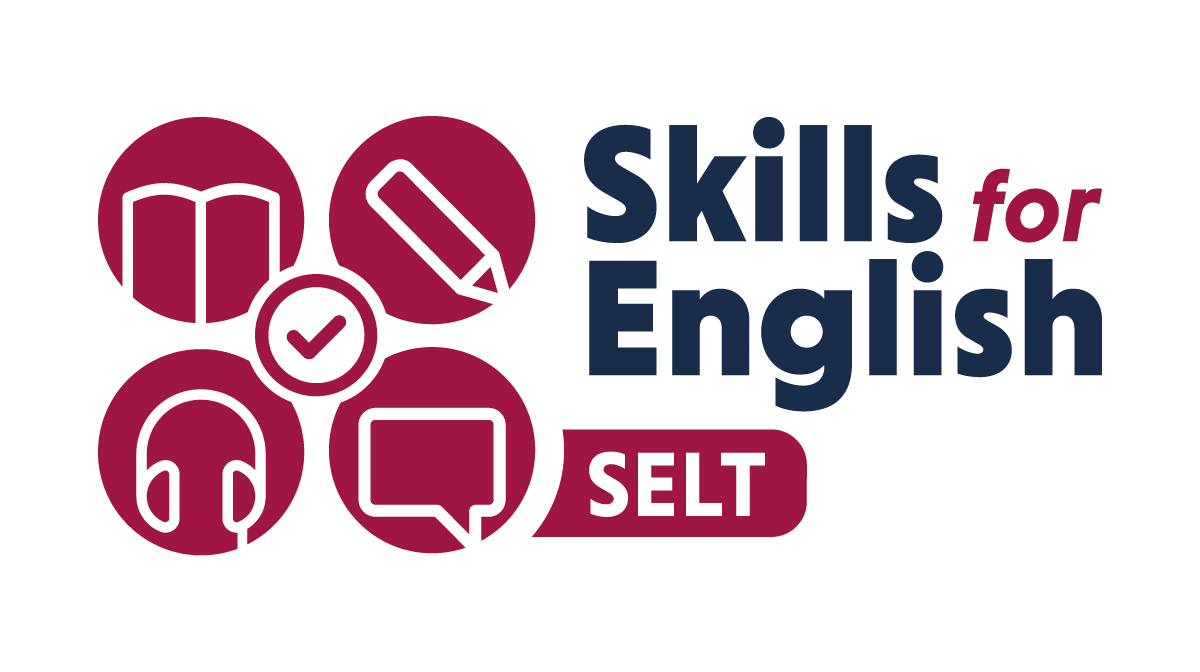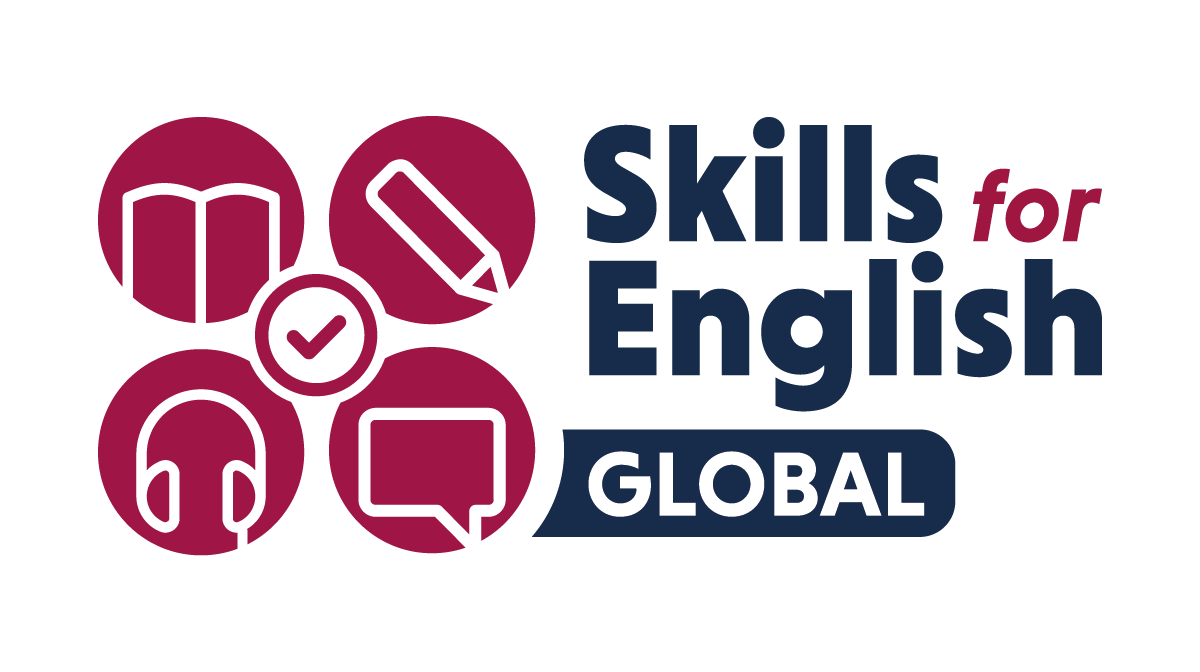Though you might think it would be a fun and exciting decision to up and move overseas, getting a UK work visa is more complicated than packing your bags. Being prepared for all obstacles will help you avoid the headache and the hassle.
How to Get a UK Work Visa
To successfully gain any UK work visas, you must understand the requirements before applying and what kind of visa you need.
UK Work Visas Requirements
Before you can even apply for a UK work visa, you must first fulfill three requirements.
- Obtain a Sponsor
- Have a Certificate of Sponsorship
- Pass a points-based assessment
Getting a Sponsor
A Sponsor is a Licensed UK employer who wants you to work for them. Essentially, UK work visas can’t be issued unless someone wants you to work for them in the UK. This Sponsor is usually someone who has recruited you for their company and pays for your move overseas.
You must have an offer of employment from your Sponsor to qualify for a work visa, and you must be able to prove it. If you try to apply with only a verbal promise of employment, you can’t get your visa.
Certificate of Sponsorship
Your Sponsor will provide you with a Certificate of Sponsorship. It serves as verification for both yourself and the visa officers, so you know you’re guaranteed a position, and they know you’re wanted overseas.
Your new employer, as Sponsor, is responsible for getting this certificate to you and overseeing the beginning of your visa process.
Points-Based Assessment
This assessment comes in three different versions depending on what kind of visa you need. There are three UK work visas available:
- Tier 2 General—Skilled Worker
- Tier 2 Intra-Company Transfer
- Tier 2 Sportsperson Visa
Once you pass your specific assessment, you can apply for a UK work visa.
Skilled Worker Visa
This visa is the general work visa and covers anyone who has come to work in the UK for an approved employer. To qualify for this visa, you must:
- Have a UK employer approved by Home Office
- Have a Certificate of Sponsorship
- Have an occupation deemed eligible
- Be paid the minimum salary for your job type
- Have a good understanding of English
So long as your employer and job are valid and you can prove the job offer, you’ll be more likely to receive a UK work visa for a skilled worker.
If you don’t have a good grasp of the English Language, this will show up on your assessment and result in a denied visa.
However, you can improve your English comprehension score by being a native of an English-speaking country, taking an English language test, or having a university’s degree taught in English equivalent to a UK’s Bachelor’s degree or higher.
A General Skilled Worker visa is eligible for five years. After this time, you can renew your visa or apply for Indefinite Leave to Remain.
If you want to change jobs within the UK with a Skilled Worker visa, you must reapply for a new visa, or apply to update your current one.
Intra-Company Transfer Visa (ICT)
Unlike the Skilled Worker visa, this visa focuses on transferring workers from a UK company’s overseas branch to a UK branch. For instance, if you work in an English Tea shop in New York and the company wants to transfer you to the headquarters in London, you will apply for an ICT Visa.
Generally, an employer will ask an employee to transfer for a certain time to work on an explicit project. Because of this, there are two kinds of ICT Visas: Long-term and Short-term.
Long-Term
Long-term visas allow a worker to stay in the UK for up to three years. It is possible to extend this time to a further two years. After a total of five years, you cannot renew the visa anymore, and instead, you’ll have to leave the country.
Currently, Long-Term ICTs must pay at least 40 thousand British pounds a year, and only 30 percent or less can be used for accommodation.
Short-Term
Short-term visas let you stay in the UK for up to 12 months. You can’t renew short-term visas, so once they expire, you must leave the UK.
These Short-Term Transfers must pay at least 24 thousand pounds a year, with only 40 percent or less used for accommodation.
ICT Assessments
For these visas, you must score at least 60 points on your assessment to qualify for a work visa.
These points fall under three categories:
- Sponsorship
Having a Certificate of Sponsorship gives proof of sponsorship and fulfills 30 points on your assessment.
- Salary
Proving your salary is appropriate for your position and that your transfer is necessary fulfills 20 points.
- Maintenance
Either you or your employer must prove you have adequate funds for any maintenance costs three months in advance of your application. The minimum amount is 800 pounds. This proof fulfills the last 10 points.
Sportsperson Visa
A sportsperson visa is given to elite athletes or coaches at the highest level who want to base their career out of the UK.
Sports teams or clubs give sponsorship instead of employers. These teams must hold an employer sponsorship license to give out certificates.
Endorsement of an athlete or coach provides evidence of:
- The athlete/coach’s performance at the highest level
- The athlete/coach’s ability to enhance the development of the sport for the UK
- A foreign athlete/coach is necessary over a home one
An athlete or coach may use this visa to stay in the UK for up to three years. Once the three years are over, they can reapply to stay longer.
Assessment has a total of 70 points:
- Sponsorship (50 points)
- English Language (10 points)
- Maintenance (10 points)
Conclusion
To get a UK work visa, you must have sponsorship from an employer or athletic club. Fulfilling the prior requirements will allow you to apply without a problem. Providing proof of employment and various specifications for your visa will allow you to work in the UK for specific periods.




